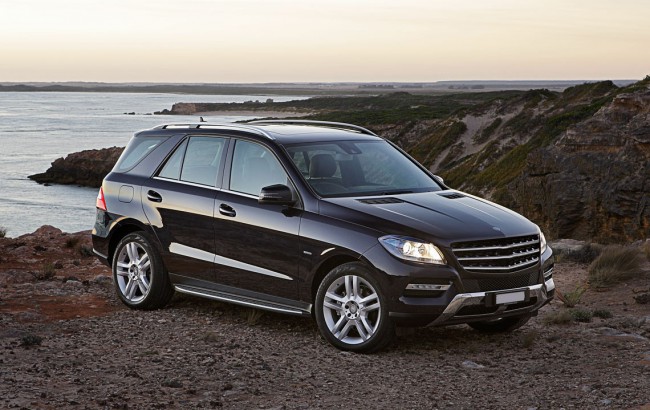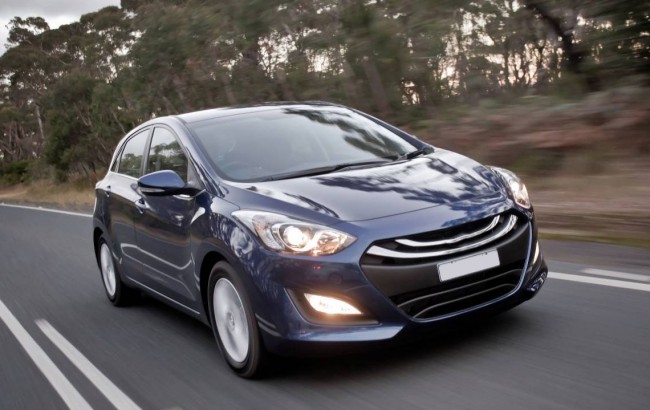Should Vehicle Weight be a Consideration in Your Car Search?
Should Vehicle Weight be a Consideration in Your Car Search?

Every bit of weight makes a difference in the performance of your car.
How much your car weighs seems to many more like trivia for gearheads than something your average shopper needs to know. But the weight of your car has all sorts of effects, and it’s worth knowing what they are, from how much fuel you burn to how safe your family is.
Fuel Economy
Vehicle weight is a major factor in fuel economy. In fact, it’s one of the reasons car companies are pouring so much money into new plastics and materials science, because lighter cars help them meet emissions tests. The rule of thumb is that for every 100 pounds a car gains, there’s a loss of 1% in fuel efficiency. That depends on the car and how it’s powered, of course, but in the end, it’s basic physics. The heavier something is, the more energy it takes to get it rolling, and that means burning gas. So if you’re concerned about fuel prices, or just want to save money at the pump, you should look closely at how much car you’re buying.
Handling
As anybody who has driven an SUV can tell you, the heavier a car is, as a rule, the more differently it handles. This is thanks to two factors. The first is that just like getting a car rolling requires more energy, getting a car to turn and brake costs more energy as well. Additionally, heavier cars have more momentum, making stopping distances longer and vehicles slightly less nimble on the road. The second is gravity; the more weight pressing down on your car, the more traction it has, which is why snowy climates are more prone to lumbering SUV and trucks than frisky sports cars. So if handling matters, weight matters too.

When it’s just you, your car will handle differently than when you’ve filled the trunk.
Tire Pressure
Another factor to consider is your tire pressure. Tires lose air over time on every car, no matter how light it is, but the more weight resting on the tires, the more pressure your tires will need to stand up to it. Most drivers are unaware that a loaded vehicle has a different tire pressure requirement compared to an unloaded one. This generally doesn’t matter much if the only weight your car takes is the weekly groceries and the kids, but for vehicles where you’re putting it to work as well as getting around, it’s something you should keep in mind. Over time, this may wear out tires unevenly, so if you’re getting a heavy car, you should ask about tire rotation and other issues, especially for workhorses like pickup trucks.
Safety
Finally, there’s the issue of safety. Carmakers have been improving the safety of every vehicle for years, and modern cars get safer every year. However, again, there’s simple physics; the heavier a car is, the better able it is to absorb force, like from a car wreck. It’s important to remember that weight is not a safety feature, and that a heavier car won’t necessarily protect you where a lighter one wouldn’t. But it is a consideration as you look at vehicle weight.
Ultimately, the only way you’ll know a car is right for you, heavy or not, is to drive it. So get ready to get behind the wheel, and subscribe to get alerts on vehicles in your area.


